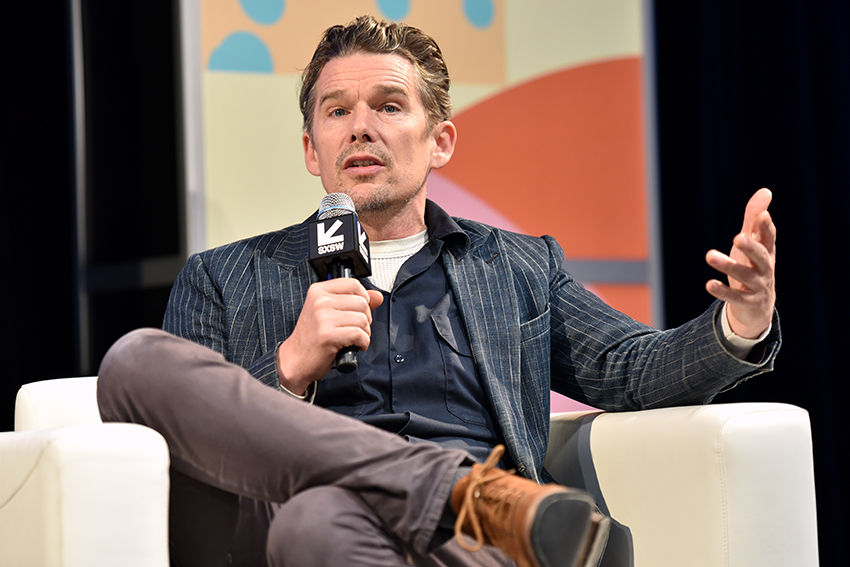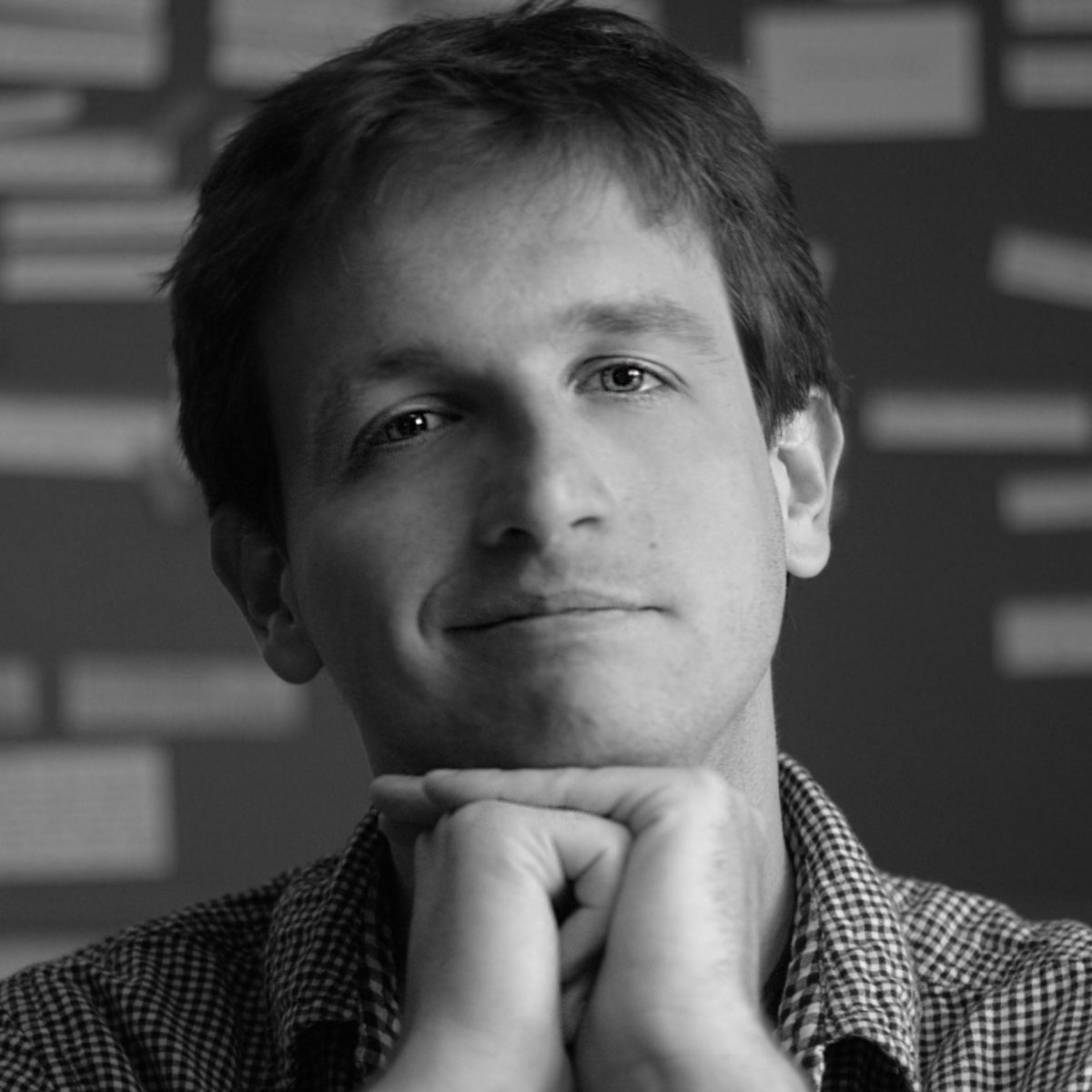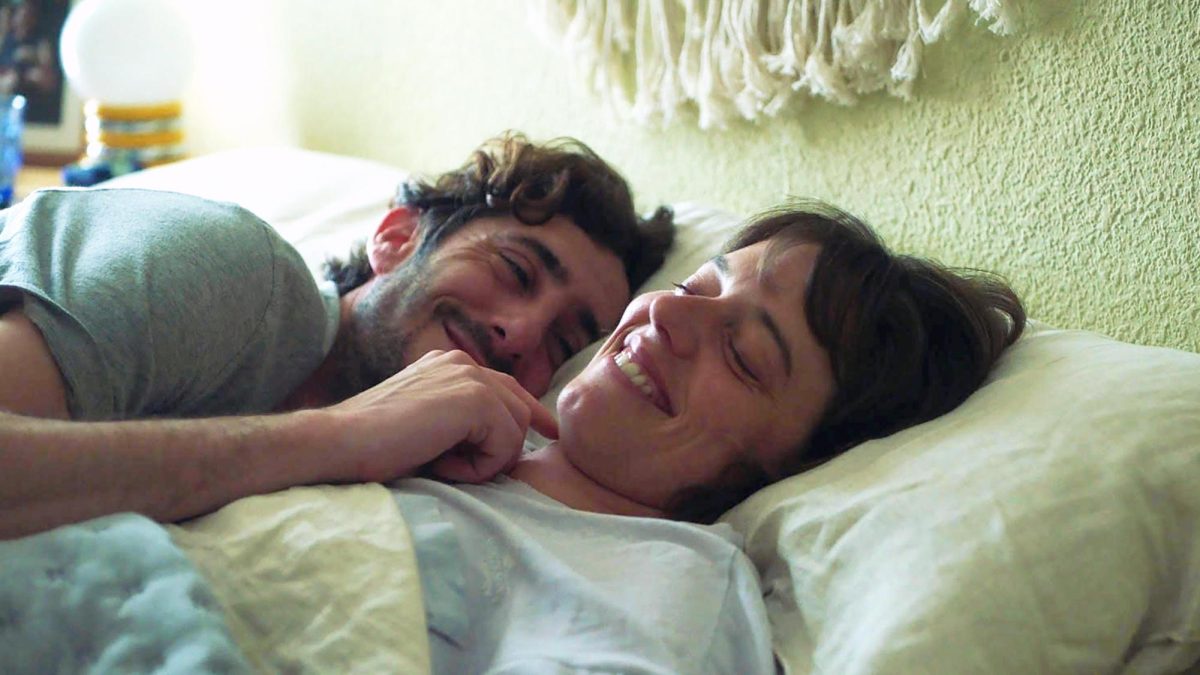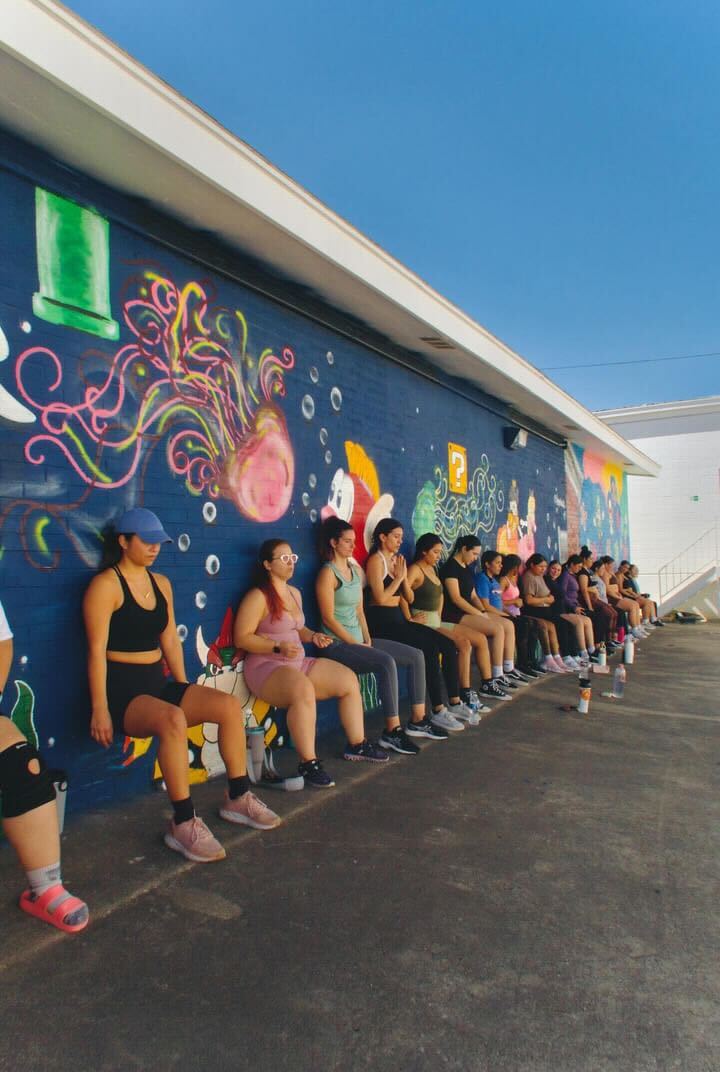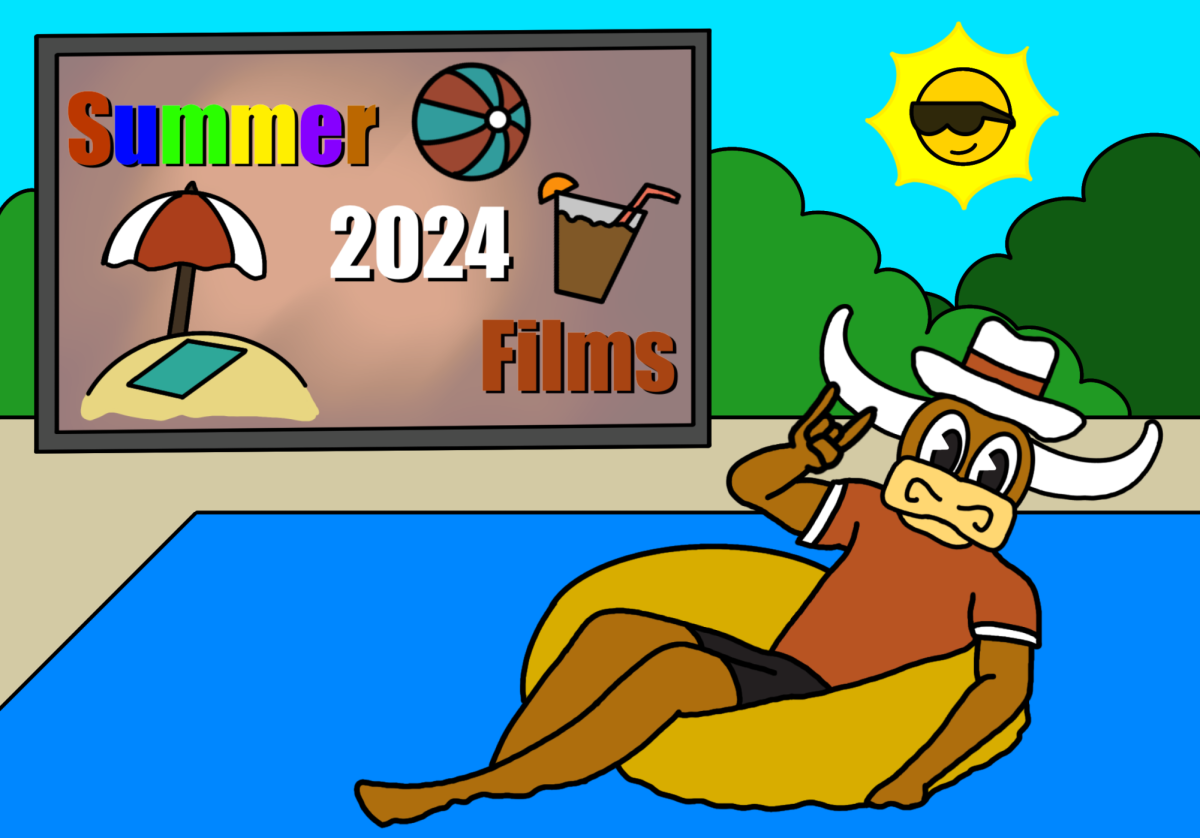A24’s “First Reformed” is the first collaboration between two titans of the film industry, actor Ethan Hawke (“Training Day”, “Boyhood”) and Paul Schrader (“Taxi Driver”, “Raging Bull”), so naturally, there was a large sense of excitement in the room as I prepared to interview them.
The film follows Reverend Ernst Toller (Ethan Hawke), a lonely priest who struggles with his faith. When he is asked by a member of his congregation (Amanda Seyfried) to talk to her husband, a radical environmentalist, he finds himself struggling more and more until an act of violence gives him a sense of redemption.
The Daily Texan: What was the genesis of this project?
Paul Schrader: I have a church background, then I drifted into the profane world of the movies. I never thought I would write anything regarding the church. I was just too intoxicated by sex, violence, action, and empathy, and those items are not in the transcendental toolkit, but then three years ago, after having dinner with Paweł Pawlikowski who had done a film called “Ida”, it occurred to me on the walk up town that it was time. It was time to write that script I swore I would never write. I was going to be 70, and now was the time to write it. That was the genesis.
Once that decision was made to write this kind of film, then everything started moving quite quickly, but it was also predicated on the fact that film economics had changed to the degree that you could now make a film at this budget level and have it be financially viable, because if I tried to make this film fifteen years ago it would have been a forty-day film. Making it now, it’s a twenty-day film, and that suddenly changes the economic equation because I’d never felt you should make a film that does not have a chance to return its investment- not make a lot money, but return its investment.
DT: Absolutely. Watching the film, the first thing that jumps to mind is the incredible stillness with which it was shot. What was your intention in using this technique within [“First Reformed”]?
PS: Well, when you work on the quiet side- contemplative cinema, durational cinema, spiritual cinema- it’s all about withholding. There are about 8 or 9 withholding techniques that directors use, and they use them to varying degrees. One of them, of course, is stillness, another is lack of music…so, you know, you start using techniques that take things away from the viewer that they have come to expect, like cutting on action. [For example], cutting on action- you don’t cut on action, you have the delayed cut.
Bit by bit, as you take things away, the viewer has either get up and leave the theater or lean towards you. Once the viewer stars leaning towards you, wonderful things start to happen.
DT: Ethan, something difficult to ignore with your protagonist [Toller], is the recognizability humanity within him. How did you personally connect with your character?
Ethan Hawke: If a person is interested in why we were born or why we have to die- the larger question of our existence- this character becomes extremely exciting. We’re dealing with someone who’s mourning his son’s death, who’s asking himself larger question such as “had he been a minister during the abolitionist time would he have risked life? Why is he not doing so for the environment now?
It’s framed in a bit of madness. He’s hurting so much that he made have lost the plot; he may not be connected to reality. There’s so much exciting about who the guy is and there isn’t one answer. He’s constantly moving and changing. One of the things the simplicity of this movie lends itself to is a full portrait [of the character]. You know, a movie with a much larger plot, you don’t have time to give a portrait of a person.
I agree with Paul, this idea of withholding… we’re so used to people trying to entertain us all the time that there’s something very interesting about someone who says “No, what do you think about this?”.
DT: On that note, what was it like working with Mr. Schrader and how was it different from other film makers you’ve worked with in the past?
EH: It’s so nice to work with somebody who knows what they’re talking about.
DT: [laughs]
EH: Something that most young film makers are faking is experience. Until you’ve succeeded and failed, you kind of don’t really know what you’re talking about. A lot of people get lucky and make a terrific first film and they’ll get run up the flagpole and that’ll totally destroy their development. Or, some people have an inappropriate amount of failure at the beginning of their careers, but [here] you get to meet somebody who really goes, “no don’t do that because that won’t work, because I won’t like that in the editing room and I have to remember that we’ll cut that out” in a conversation and we don’t have to debate it for half an hour, Paul knows that.
There’s a great [Marlon] Brando quote that I love, which is early Brando, and it’s that you have to “spiritually marry” you director. The way that acting works best is when you become an agent of their will. You don’t just do what they say, but you help manifest what they want, not what you want. Ultimately, they’re cutting it, ultimately, they’re doing the music… if you’re in opposition to each other, you kind of end up nowhere. You have to really try to understand the film they’re trying to make and help them make that film as good as possible.
Not make your film, make their film, but also watch their left flank so that you can help.
PS: After you’ve been at a while, either as an actor, a writer, or director, one of the things you do learn is to trust your own intuition. That takes a while, because you sort of say “this feels right” and before you’re questioning “is this what I think feels right or does it feel right?”
EH: Learning that, that just takes time. I’ve had that feeling before, of “I’m talking myself into that, let’s stop doing that”. When you’re doing a scene and it’s functioning, it’s pretty obvious.
DT: That leads right into my next question- what the atmosphere in general like on set? This is clearly a heavy, themes-based movie, did that heaviness carry over?
PS: In our new technology, we move so fast. Ethan thinks it’s better for actors, I kind of agree. You do twice as much work per day as you used to, and it doesn’t give you a lot of dead time. You don’t spend much time in your trailer anymore.
EH: It’s so interesting.
PS: It makes the set very efficient, and if you have a director who’s planned out the day it makes it click right along.
EH: We made this film in the wake of the last Inauguration and I felt that there was a lot of people in the crew who were really grateful to be working on something meaningful…to at least be a part of a movie that was asking questions that vibrated inside them.
DT: Wow, thank you so much for that. Before we go, if you could give one piece of advice to up-and-coming actors and filmmakers, what would it be?
PS: Wear comfortable shoes. That’s the standard one. [laughs] Less facetiously, if you can be happy any other way than being an artist, go for it.
EH: I have children that are really serious about the arts right now, and I find myself saying that all the time, like, “you better be super comfortable”. If you go into acting, and the idea of teaching at a small college outside of Seattle seems like a failure to you, then you shouldn’t go into it. If that seems exciting, like “oh, I’d love to teach acting”, if that sounds thrilling, then you’re going to do great. It’s a wonderful profession.
But it’s full of so much. Even when you succeed you fail so much. You have to be very thick-skinned.



